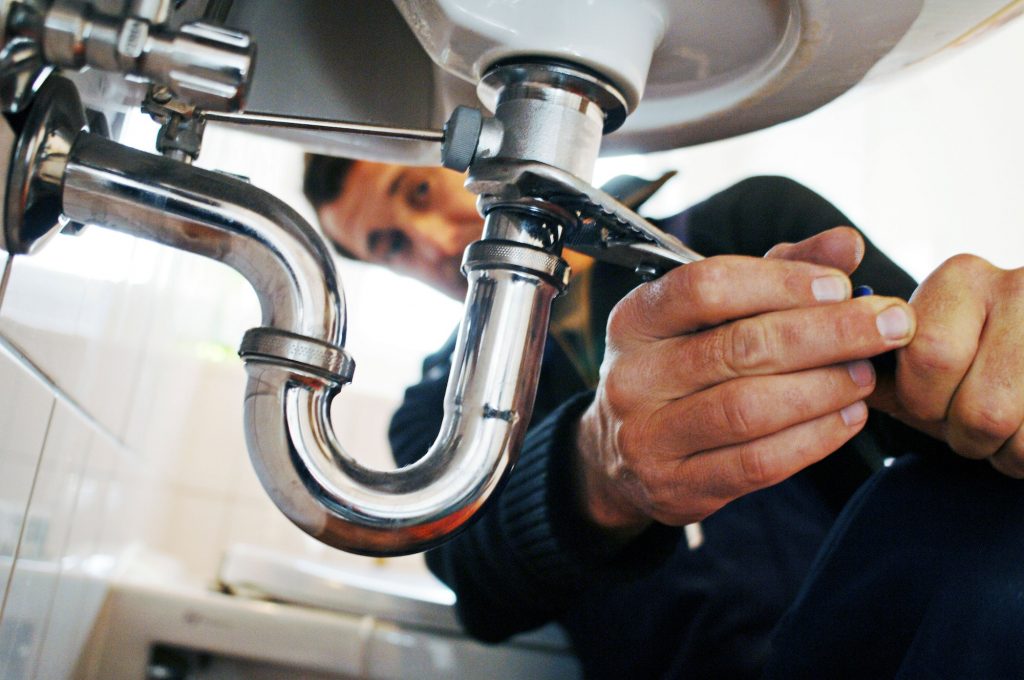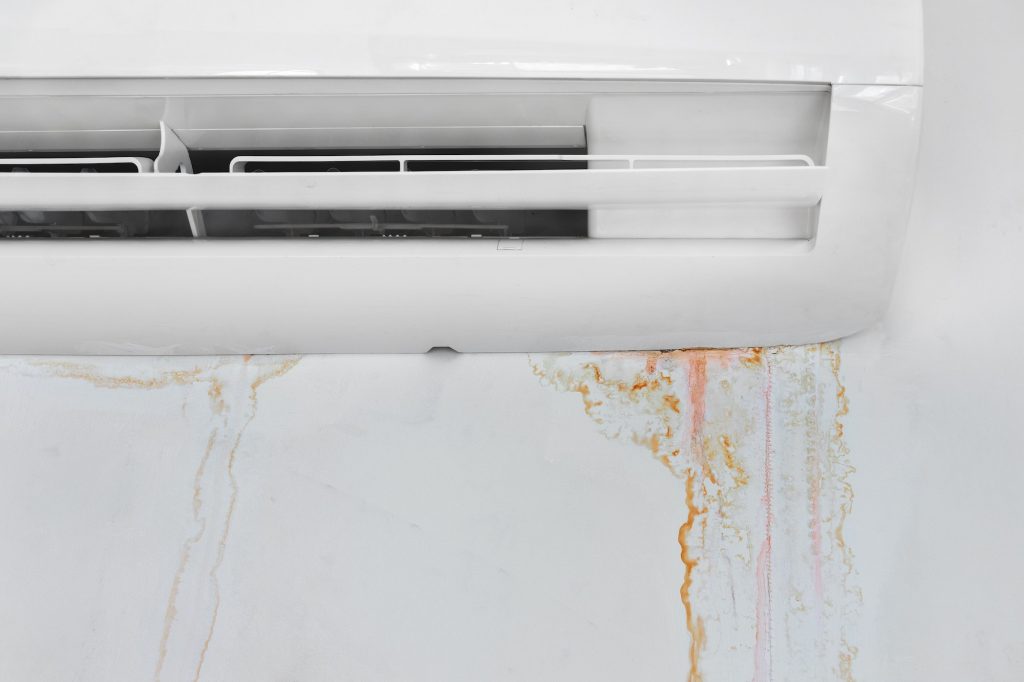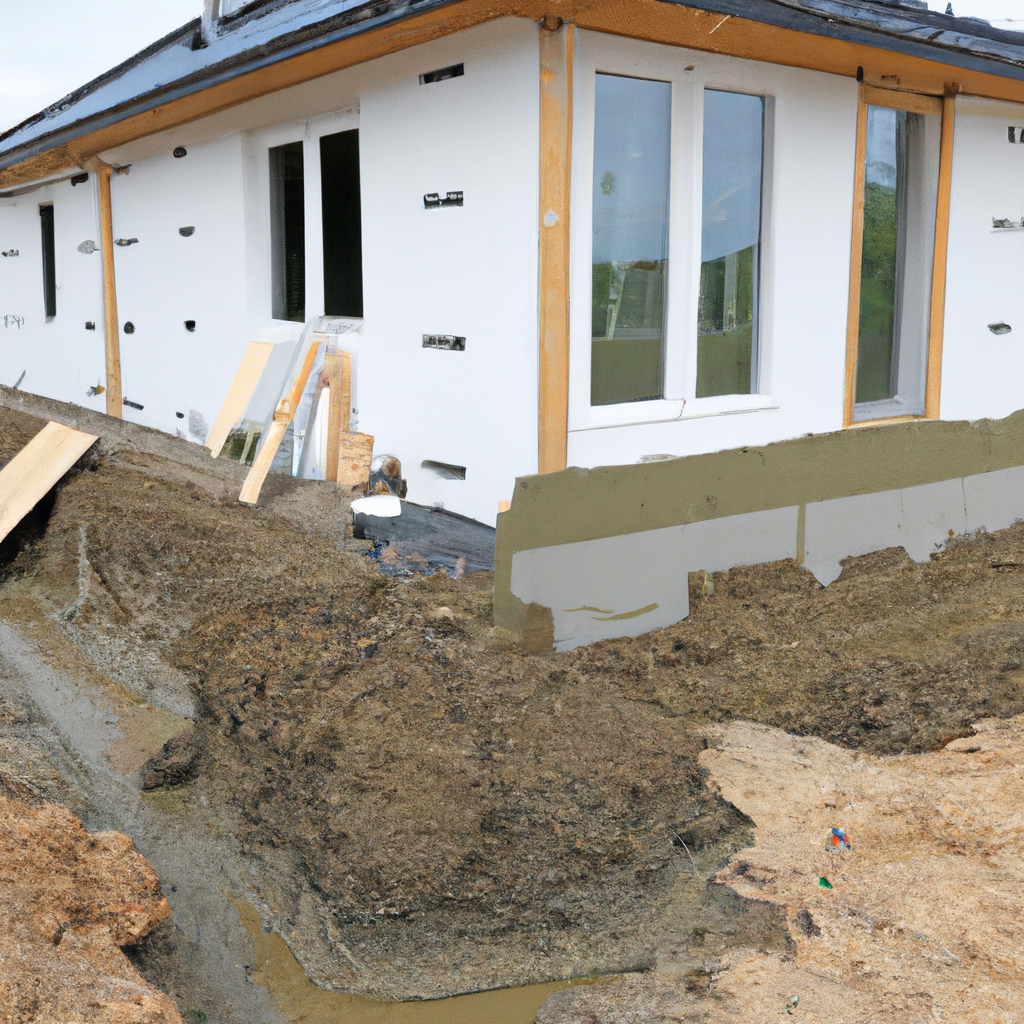Plumbing technology is a vital aspect of modern society, playing a crucial role in providing clean water and waste management systems for homes and businesses. With technological advancements and increasing concerns about sustainability and environmental protection, the plumbing industry is undergoing significant changes and innovations.
The current state of plumbing technology
Traditionally, plumbing has been performed using tried and tested techniques that have been in use for many years. However, with technological advances, the plumbing industry is evolving to meet the changing needs of society. Today, plumbing professionals use cutting-edge tools and techniques to install, repair, and maintain plumbing systems.
Emerging trends in plumbing technology
Several emerging trends in plumbing technology are set to revolutionize the industry. Some of these include:
- Smart plumbing systems that use sensors and automation to monitor and control water usage
- The use of renewable energy sources, such as solar power, to power plumbing systems
- Advanced materials and products, such as low-flow toilets and showerheads, are designed to conserve water and reduce waste.
- Increased efficiency and automation, resulting in faster and more accurate plumbing services
Innovations in plumbing technology
In addition to these emerging trends, several innovative technologies are changing how plumbing is performed. These include:
- Water conservation and management systems that help reduce water waste and conserve resources
- Advanced leak detection and prevention technologies, such as smart water meters that can detect and alert homeowners and businesses to potential leaks
- Non-invasive inspection technologies, such as video cameras and ultrasonic equipment, allow plumbing professionals to quickly and easily inspect pipes and other plumbing systems without digging up the floor or walls.
- Recycling and greywater systems will enable used water to be reused for non-potable purposes, reducing the amount of water that is wasted.
- Intelligent toilets that use advanced features, such as self-cleaning and water-saving technologies, to enhance the overall experience and reduce water waste
The impact of emerging trends and innovations on plumbing technology
The adoption of these new technologies and trends is having a profound effect on the plumbing industry. Some of the key benefits include:
- Increased efficiency and cost savings as plumbing systems become more automated and use less water.
- Improved health and safety, as new technologies make it easier to detect and prevent leaks and other plumbing issues
- Increased sustainability and environmental protection, as plumbing systems become more water-efficient and use renewable energy sources
The future of plumbing technology
Plumbing technology is rapidly changing and evolving. In the future, we can expect further advancements and innovations that will continue transforming the industry. Some of the predictions for the future of plumbing technology include the following:
- The use of artificial intelligence and machine learning to optimize plumbing systems and reduce water waste
- The development of new materials and products that are even more water-efficient and environmentally friendly
- The integration of plumbing systems with other smart home technologies, such as smart thermostats and lighting systems
Challenges and opportunities in plumbing technology
While the future of plumbing technology is exciting, challenges and barriers to adoption must be overcome. Some of the challenges include the following:
- Upgrading to new technologies can be prohibitive for some businesses and homeowners.
- The need for plumbing professionals to be trained and educated on new technologies and techniques
- The reluctance of some consumers to adopt new technologies and change the way they use water
Despite these challenges, there are also significant opportunities for growth and development in the plumbing industry. As new technologies are adopted, and plumbing systems become more efficient, there will be increased demand for plumbing services and products.
Adoption of new technologies by the plumbing industry
The adoption of new technologies by the plumbing industry will be influenced by a range of factors, including:
- The cost and availability of new technologies
- The level of training and education available for plumbing professionals
- The regulatory environment, including any incentives or subsidies for adopting new technologies
- The level of consumer demand for more efficient and sustainable plumbing systems
The role of plumbing professionals in the future of plumbing technology
Plumbing professionals will play a key role in shaping the future of plumbing technology. It will be up to them to stay current with new technologies and techniques and to educate and inform their customers about the benefits and opportunities of these new technologies.
The future of plumbing technology in residential and commercial buildings
The impact of plumbing technology on residential and commercial buildings will be significant. We can expect to see increased efficiency and cost savings in residential buildings as smart plumbing systems become more common. In commercial buildings, the use of new technologies and products will help reduce water waste and improve sustainability.
The future of plumbing technology in developing countries
Implementing new plumbing technologies will have a particularly significant impact in developing countries. Using more efficient and sustainable plumbing systems will help improve access to clean water and waste management, leading to improved health and quality of life.
The future of plumbing technology in the global market
Trends and innovations in the global market will shape the future of plumbing technology. International partnerships and collaborations will play a key role in developing and adopting new technologies as plumbing professionals and businesses work together to tackle common challenges and find new solutions to meet the changing needs of society. As plumbing technology evolves, the global market will play an increasingly important role in shaping the industry’s future.
Conclusion
In conclusion, the future of plumbing technology is bright and filled with exciting possibilities. From smart plumbing systems and renewable energy sources to advanced materials and products, the industry is undergoing a transformation that will profoundly impact how we live and work. The key to success in this rapidly changing landscape will be the ability of plumbing professionals and businesses to stay current with new technologies and trends and adopt and implement these innovations in a way that benefits society.
FAQs
- What is plumbing technology? Plumbing technology refers to the tools, techniques, and systems used to provide clean water and waste management services in homes and businesses.
- What are some of the emerging trends in plumbing technology? Some emerging trends in plumbing technology include smart plumbing systems, renewable energy sources, advanced materials and products, and increased efficiency and automation.
- What are some of the innovations in plumbing technology? Some innovations in plumbing technology include water conservation and management systems, advanced leak detection and prevention technologies, non-invasive inspection technologies, recycling and greywater systems, and intelligent toilets.
- What is the impact of emerging trends and innovations in plumbing technology? The result of emerging trends and innovations in plumbing technology includes increased efficiency and cost savings, improved health and safety, and increased sustainability and environmental protection.
- What is the future of plumbing technology? The future of plumbing technology is filled with exciting possibilities, including the use of artificial intelligence, the development of new materials and products, and the integration of plumbing systems with other smart home technologies. The future of plumbing technology will be shaped by global trends and innovations and the ability of the plumbing industry to adopt and implement these new technologies in a way that benefits society.






